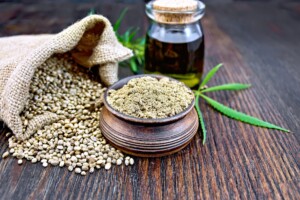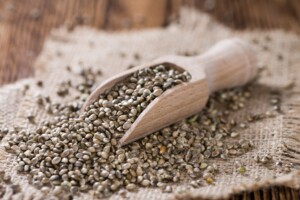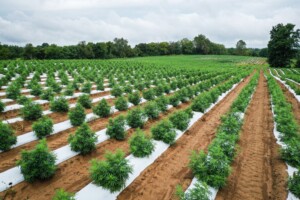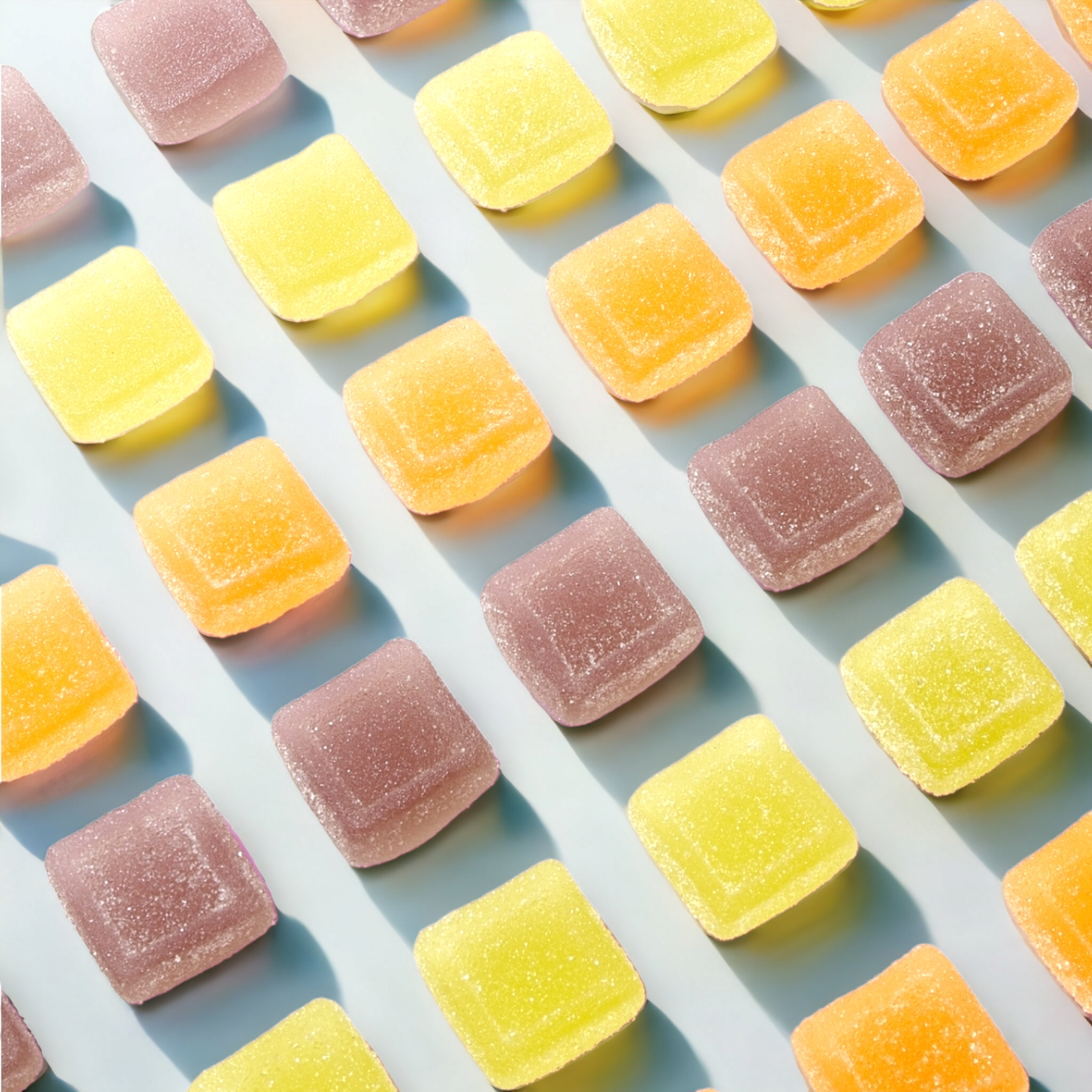Since the legalization of hemp through the 2018 Farm Bill, the State of Alabama has recognized the plant as a viable agricultural commodity. But the changes to the hemp landscape in the Cotton State were anything but immediate. In fact, the state was unable to produce any hemp in 2018, however they’re looking to change that. In 2019, the State of Alabama approved 180 licenses to hemp farming applicants, and 70 licenses to hemp processors. The state welcomed their first hemp bounty in late summer of last year.
Today, hemp is legal to buy, sell, and possess in the state, creating a thriving hemp market for both end users and growers. But there are a few specifics concerning the Alabama hemp laws that are worth familiarizing with to guarantee the safe, proper, and legal handling of the highly regulated herb.
 To get a better idea of the kind of hemp that’s legal in the Cotton State, it’s important that we take a look back at the Farm Bill. This umbrella law is what oversees the parameters for legal hemp across the country, and it illustrates it by differentiating hemp from marijuana.
To get a better idea of the kind of hemp that’s legal in the Cotton State, it’s important that we take a look back at the Farm Bill. This umbrella law is what oversees the parameters for legal hemp across the country, and it illustrates it by differentiating hemp from marijuana.
According to the 2018 Farm Bill, legal hemp can be defined as:
“The plant Cannabis sativa L. and any part of the plant, including its seeds, derivatives, extracts, cannabinoids, isomers, acids, salts, and salts of isomers, cultivated or processed by a licensed grower or otherwise in accordance with the state’s USDA-approved regulatory plan, whether growing or not, with a delta-9 tetrahydrocannabinol content of no more than 0.3% on a dry weight basis”
That is, any hemp flower, any part of the hemp plant, and any hemp-derived product is legal for use, sale, and cultivation, given that the sample doesn’t exceed the indicated 0.3% of tetrahydrocannabinol or THC. Any sample that contains more than this prescribed amount of THC is classified as marijuana, and is illegal for recreational use in the state.
With that said, it’s important to know that marijuana is getting a second look. Legislators in Alabama State have recently come up with a bill that legalizes the use of medical marijuana for certain conditions.
But even then, you shouldn’t be able to see anyone huffing and puffing on a joint on the streets of Alabama anytime soon. The bill aims to legalize marijuana in the form of tablets, gelatinous cubes, lozenges, patches, creams, lotions, or inhalers. So even if the bill is passed, there would still be some red tape preventing its unregulated use, distribution, and sale.
Another thing that puts this bill in hot water is the predicament of how law enforcement would be able to differentiate hemp from marijuana from seed to sale. Because of the high similarities between these two herbs, legalizing legal marijuana even in the form of derived products would call for a reformation of the regulations that are currently keeping the hemp market intact.
The Alabama Attorney General – Steve Marshall – made it clear after the 2018 Farm Bill was passed that the production, sale, and possession of hemp with less than 0.3% TCH is legal in the State of Alabama. There are no restrictions on the amount of hemp that buyers can possess at any given time, and there is no limitation on the types of products that you can buy.
That said, many of the dispensaries throughout the state offer a wealth of option for buyers, including edibles, capsules, tinctures, oils, topical creams and lotions, skin care products, hygiene products, and pet care products, to name a few. That’s of course, on top of the smokable options that include hemp flowers, pre-rolls, cigarettes, cigars, and vape oils.
For the most part, many of the hemp sellers you’ll find in Alabama are often registered and certified to sell their products. But it doesn’t hurt to ask for certification. As much as possible, you should be sourcing your hemp from retailers that can prove the legal chemistry of their products by way of third-party lab test results. Most of the time, the best hemp flower Alabama locals will find are often sold online.

While that’s technically true, it’s important to consider the great similarities between hemp and marijuana. Differentiated only by their THC content, these two herbs look exactly alike as raw flower and may be impossible to tell apart on the field. So, if you’re caught smoking hemp in public, law enforcement won’t have a way to confirm that what you’re using is legal hemp. The result? They’ll have to treat it as through you’re in possession of marijuana.
Even then, other forms of hemp like edibles and oils are free to use wherever you might find yourself. So, if you feel the need for some CBD, carrying any of its extracted forms can be a suitable way to get your daily dose without running in with the law.
To put things plainly – no, you can’t. Only licensed farmers, processors, and handlers are allowed to grow hemp in the state. So, growing a few pots of hemp in your backyard would be a definite no-no and a breach of the law, punishable by incarceration.
That’s because the government is working hard to regulate the hemp that enters its market to help ensure the safety of its end users. Hemp that’s grown in some average Joe’s backyard can’t be traced or tested, leaving room for hemp that doesn’t meet the parameters of the law.
To get a license, hemp farmers need to pay a $200 application fee and a $1000 license fee for each growing area. Aside from that, each applicant should be ready to undergo a background check as part of the process. GPS coordinates of the growing area and a floor plan including all buildings on the site should also be included with the application.

For the most part, anyone in search of the best hemp flower in Alabama should find a wide selection through physical dispensaries that operate in the state. There are also tons of online retailers and wholesalers that offer their hemp flower to avid consumers from around the country. Just make sure you choose your supplier carefully and look into third party lab tests to guarantee safe and compliant hemp.
For Further Reading :
[starbox id=3]

